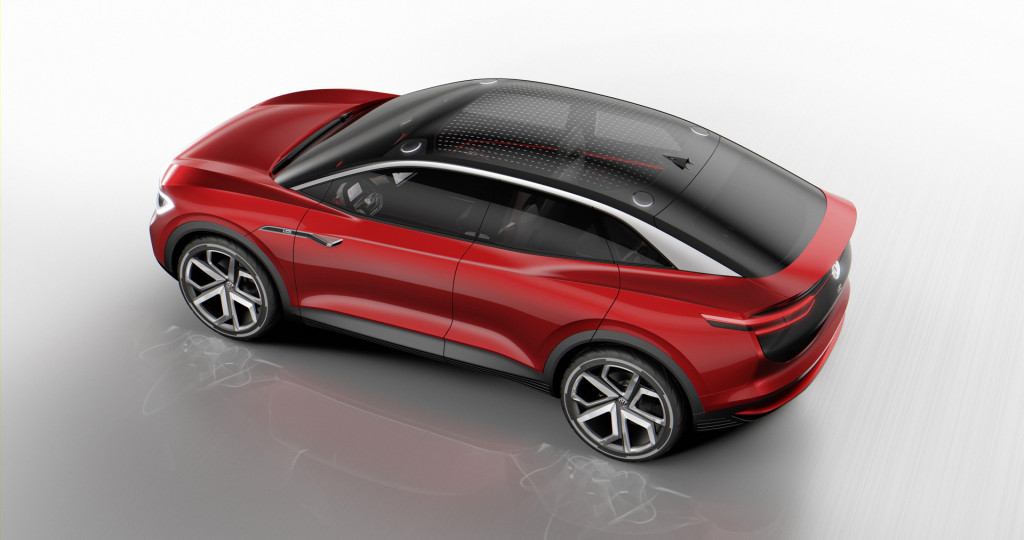Scott Keogh has been at his post as CEO of Volkswagen Group of America for less than a year, and yet when asked about the timing of VW’s electric Microbus revival and why it arrives later, in 2022, his answer sounds entirely second-nature.
“From dealers, consumers, my mom, dad, it’s the car; we get it,” he explains with conviction. “It’s in a segment no one’s in; it rekindles the magic.”
Keogh segues right into an abrupt conclusion: “Will it be a high-volume car? No.”
Part of it is simply that Volkswagen doesn’t want to get too rooted in the past. “We don’t want to be the pure nostalgia brand, we want to be the brand of reinvention,” he said to Green Car Reports, in a roundtable interview last week at the Frankfurt auto show.

Volkswagen ID Crozz II concept, 2017 Frankfurt auto show
The initial gauge of success, Keogh said, comes from getting these cars out with as many customers as possible. And that means leading its electric-car lineup in the U.S. with a compact crossover modeled after the ID Crozz concept—a vehicle that’s about the size of the Honda CR-V, Toyota RAV4, and many others—including the upcoming Tesla Model Y.
That segment along (compact crossovers) boasts annual U.S. sales in the range of 4 to 5 million annual sales in the U.S. On the other hand, the Golf’s compact hatchback cohort sells somewhere in the range of 60,000 annually.
Keogh said it was a no-brainer to bring the Crozz over first and foremost instead of the Golf-sized VW ID 3 Europe gets, and follow it (likely less than two years later) with the ID Aero, a sleek, refined sedan based on an evolution of the ID Vizzion concept.

Volkswagen ID Vizzion Concept
“The truth of the matter is we also need to get these cars out on the road on the compliance side of the equation,” Keogh said. “If the car’s not on the road, we’re not meeting the target, we’re not getting the benefit, you’re not getting anything—so there’s a little bit of that.”
Keeping credits and mandates on the corporate side, fun at the dealership
You won’t see Volkswagen getting caught up in policy at the dealership, though. Keogh says that in electric-car conversations it all too often comes down to government, CO2, ZEV mandates—”onerous, medicine-type things,” as he puts it.
“A customer does not walk into a Volkswagen dealership and say I need to help you with your ZEV targets, or I want to do my part because I feel so terrible…Most things we seek to consume are things that put a smile on our face, things that we want to show off to other people.”
As Keogh puts it, the brand won’t shy away from the sustainability substance on the corporate side, but it will market the cars as something people want for other reasons—fun, optimism, buying the future, and having a good time.
“That’s how real people buy cars: Does it fit my needs, is it priced right, and do I enjoy it? That’s what we will have to hit with this thing. It just won’t work on a guilt thing.”













